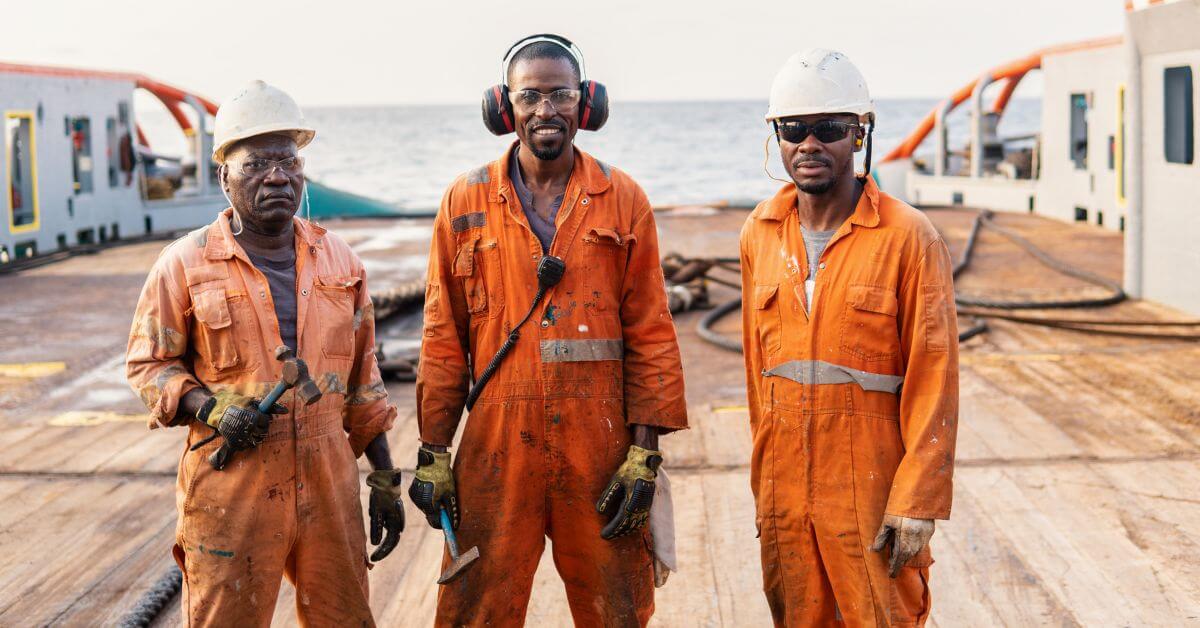
Crew Of Seized Tanker Confirmed Safe After Iran Diverts Vessel To Bandar Abbas
November 18, 2025
3 Vietnamese Seafarers Arrested After Attempting To Break Into Captain’s Cabin With An Axe
November 18, 2025

Dutch shipping companies are under pressure after a foundation representing foreign seafarers launched a large-scale claim accusing the industry of paying Filipino and Indonesian crew members far less than their Dutch counterparts.
The Equal Justice Equal Pay Foundation has warned that it will take the matter to court if no action is taken within three weeks, with more than 13,000 people now joining the claim.
According to the foundation, foreign seafarers working on Dutch-owned ships continue to receive salaries based on the cost of living in their home countries, resulting in sharply lower wages.
The group stated that Indonesian and Filipino crew are often paid less than half of what Dutch seafarers earn, adding that the difference amounts to many thousands of euros per person each year. It argued that the pay variation is no longer acceptable and said the Dutch equal rights institute has recently described the practice as a “relic of colonial times”.
The foundation has issued letters to around 700 Dutch shipping firms, calling for an immediate end to what it describes as “structural unequal treatment” of Filipino and Indonesian crew members. It is also seeking compensation for what it considers years of “underpayment” and has urged both the Dutch state and relevant industry bodies to modernise what it views as an outdated system.
The action follows two non-binding rulings published by the Human Rights Board on 18 August 2025. In two separate cases brought by a seafarer from Indonesia and another from the Philippines, the Board concluded that the longstanding international practice of linking pay to the seafarer’s country of residence was not sufficiently justified.
The Royal Association of Netherlands Shipowners (KVNR) has rejected the accusations. The organisation said it was surprised by the Human Rights Board’s view and warned that changing the system could harm the international position of Dutch shipping and weaken fair competition with other countries.
KVNR director Annet Koster told Dutch media that foreign seafarers spend their leave in their home country, so their salaries are based on local living costs. She said Filipino seafarers who relocate to the Netherlands do receive Dutch-level salaries. She also explained that the maritime labour market is international and that ending the residence-based pay rule would have major effects on the whole sector.
Figures from the KVNR show that Dutch shipping companies employ 8,608 Filipinos, 5,566 Dutch nationals and 2,290 Indonesians. The organisation added that Dutch crew are more likely employed in senior roles such as captains or officers, which already puts them in higher-paid positions.
The KVNR stated that the existing system has been part of global maritime practice for decades and is monitored under the oversight of the International Labour Organisation. The association pointed out that a similar case was reviewed in 1997 by the Equal Treatment Commission, which at that time said the system was justified.
The Minister of Infrastructure and Water Management has started a study to examine how the Dutch maritime sector would be affected if the residence-based wage principle were abolished.
The KVNR said the study is expected to show the scale of the impact and stressed that the industry needs to work together to protect the future of Dutch shipping.
References: dutchnews, kvnr
Source: Maritime Shipping News


